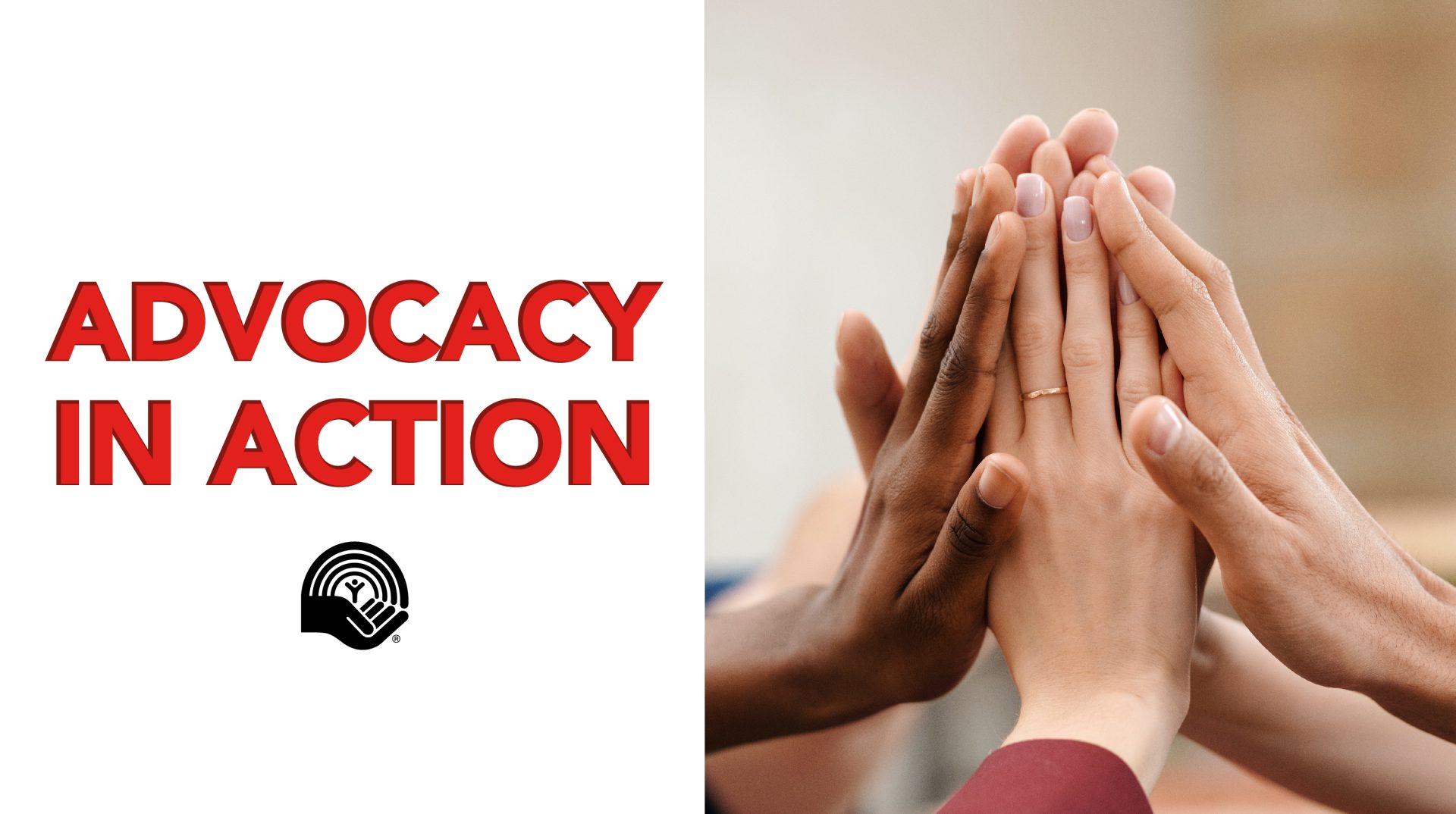Financial stress leaving people vulnerable beyond their wallets: United Way calls for stronger community supports
Rising financial stress is leaving people across Canada vulnerable far beyond their wallets. New data from United Way Centraide Canada and Léger reveals growing anxiety, deepening poverty risks, and an urgent need for stronger community supports.
Across our network, agency partners are telling us that demand for support is rising more than ever, a trend confirmed by our latest call for grant applications, which drew nearly $10 million in requests despite only $4 million being available. New survey findings from Léger and United Way Centraide Canada reveal that financial stress is leaving people living in Canada vulnerable far beyond their wallets, deepening the risk of poverty for many who are already struggling to make ends meet.
The United Way Centraide Financial Anxiety Survey conducted by Léger found that more than half (55 %) of people living in Canada feel anxious about their personal finances, nearly as many (41 %) report physical stress symptoms when talking about money, and 42% say they would only be able to cover their basic expenses for less than one month if they lost their main source of income.
“Across Canada, as affordability challenges deepen and economic uncertainty grows, United Way Centraides and essential community services are seeing an increasing demand for support. These findings underscore the significant financial stress facing people in Canada—especially low-income individuals and families,” said Dan Clement, President and CEO of United Way Centraide Canada. “This stress is taking a toll on mental health and well-being, driving a rising need for strong, community-based supports.”
The survey shows how financial strain disrupts daily life: more than one-third (35 %) of people living in Canada report trouble sleeping, nearly a third (32 %) experience family conflict or tension, and three in ten (30 %) say money-related worries make it difficult to focus at work or school. The burden is sharpest for lower-income households: nearly half (47 %) of those with household income under $40,000 lose sleep because of money issues, and two-thirds (67 %) say they feel anxious about their finances. By comparison, among those earning over $100,000, 27 % report sleepless nights and 47 % report anxiety about money. Yet financial stress cuts across all income levels: behaviours such as avoiding conversations about money and experiencing household conflict remain consistent regardless of earnings.
Here in Elgin Middlesex, we see this reflected in real time. The top reason people call 211 in our region is mental health support, and the top unfulfilled need is housing. Between January and August 2025, 18 % of unmet needs identified through 211 contacts were related to temporary financial assistance, indicating that available services are struggling to keep up. That number marks a 50 % increase over 2024 and a 62 % increase since 2023. The sharp rise in unmet need for temporary financial support echoes the broader survey findings: more people are struggling financially and asking for help, but our existing systems are under strain.
United Way Elgin Middlesex continues to invest in programs and services across our region that assist people living in poverty. This includes a network of neighbourhood resource centres, which connects people to essential needs such as food and income supports; and agencies such as Family Service Thames Valley, which provides subsidized counselling to help individuals manage stress and anxiety. We also continue to advocate to all levels of government for systemic solutions in areas like income supports, housing, and affordability. For example, through our Make it Liveable campaign, which calls on the provincial government to double social assistance rates, and our Built for Good report, which lays out a costed, delivery-ready plan to address the housing crisis.
Financial stress affects more than just wallets, it touches health, relationships, and the strength of our communities. Residents can support their neighbours by:
- Donating to United Way Elgin Middlesex
- Calling 211 if they or someone they know needs help
- Contacting elected representatives to advocate for affordable housing and stronger income supports
Topics : Advocacy in Action


